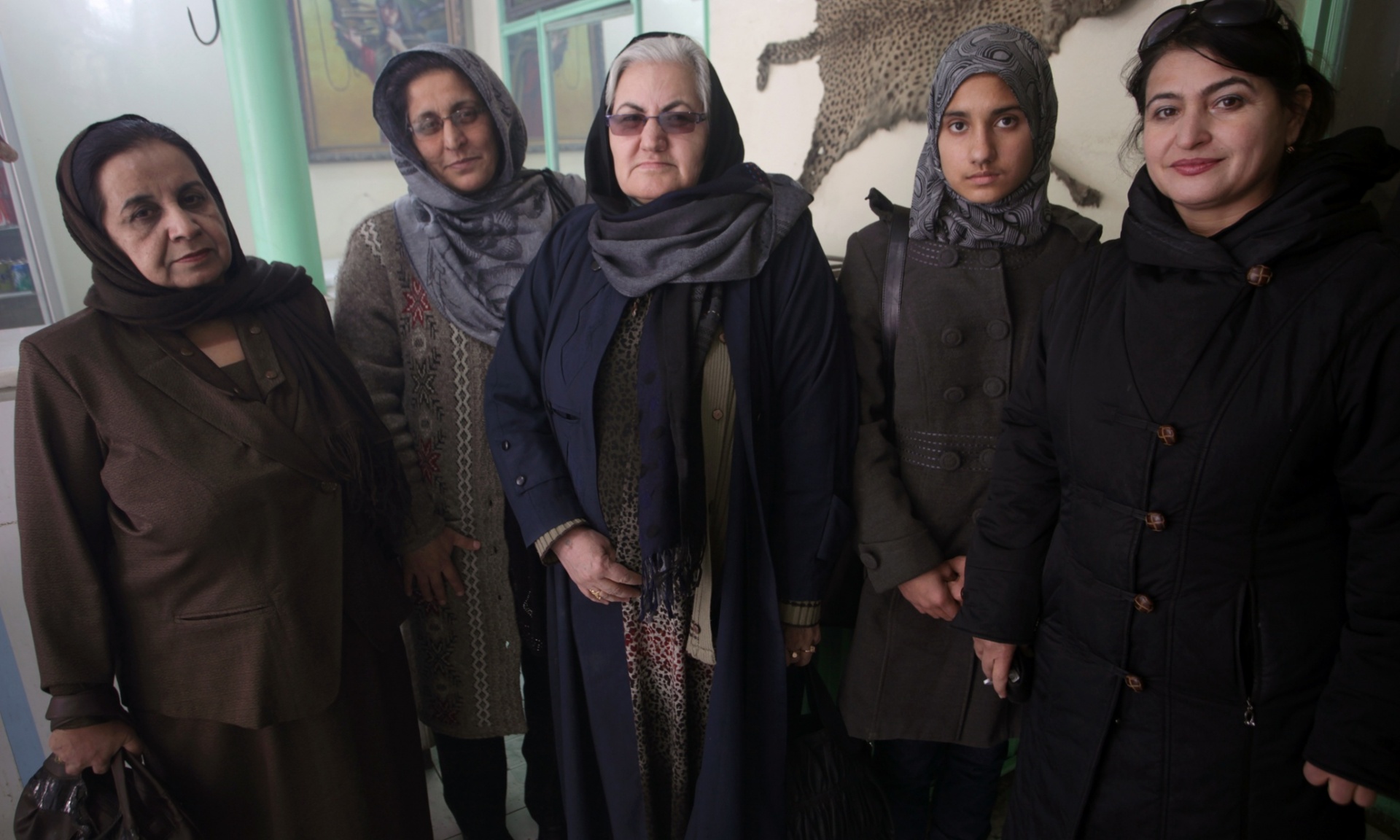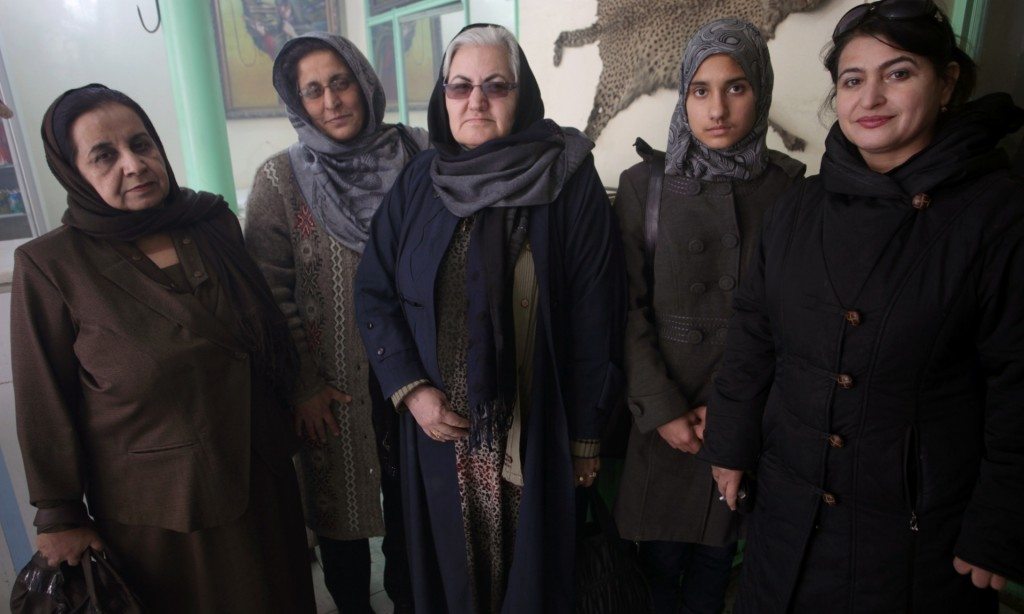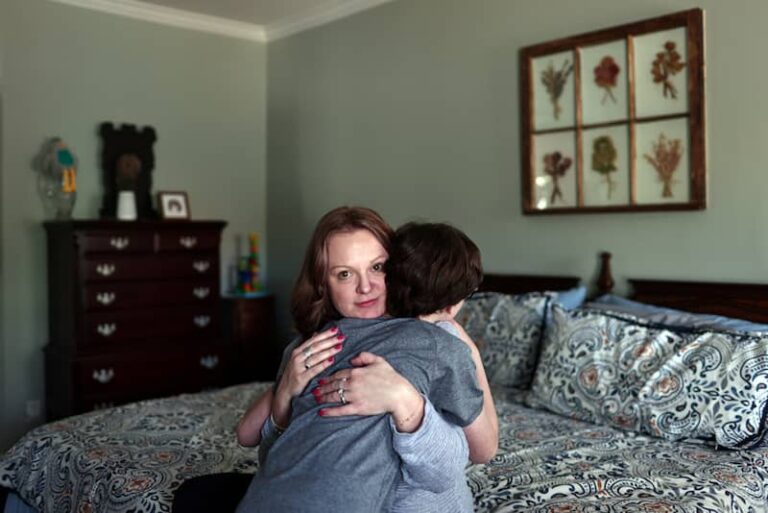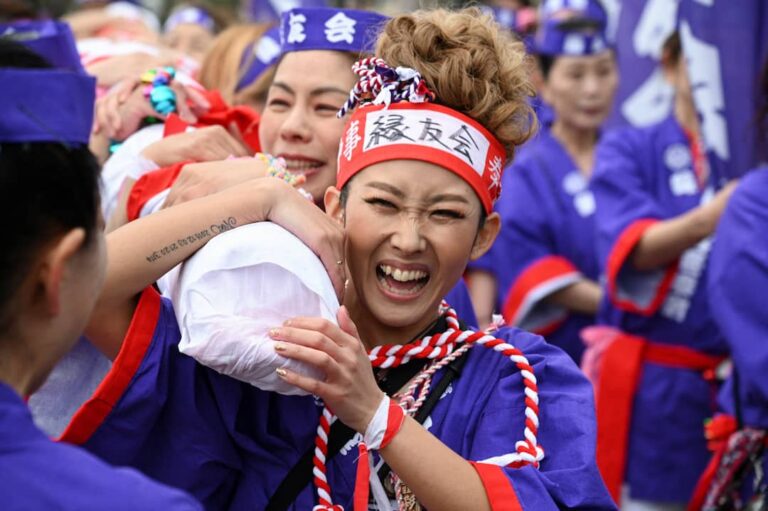Based in Kabul, Mirman Baheer is a pioneering female literary group that is channelling traditional stereotypes of Afghan women.
The literary society’s female members regularly risk their lives to write poetry documenting all manner of issues from war and heartbreak to sex and rage.
The group allows women to share landays, short, two-line poems traditionally only performed orally, which have long been used as a secretive form of rebellion by Afghan women.
Oppressive restrictions, thanks to strict conservatism forstered by the Taliban, prevent most women from being abel to openly express their opinions on such issues as men, lust, their family and oppression and suffering.
As such, the landays have become powerful outlets for their emotions and anger in a society where singing is associated with loose morals and poetry i seen and shameful. This puts women at risk of punishment or even death.
First brought to the world’s attention by international journalist and poet Eliza Griswold, the group’s members consist of a range of women from those working in government to young girls in isolated rural villages who contribute in secret, repeating their landays over the phone.
“These poems are about war, they are about love, they are about drones, they are about American soldiers, they are about sex, they are about the size of a husband’s manhood – they don’t hold back,” said Griswold.
“They show a side of the life of Afghan women that is otherwise left hidden and no-one would ever dare to try and reveal. You could call these a protest but they are more than that because they show these women using their feminine power to shame men.”

Griswold believes brining the work of Mirman Baheer to the global stage would be “transformative” both for the group and for international perceptions of Afghan women.
Sahira Sharif, the founder of the group will be among those speaking as part of the International Poetry Festival in London this year. An evening of landays will celebrate how the poems have been used as a platform for resistance in Afghanistan.
“One of the great gifts about this poetry that it allows us to look out at the world through Afghan eyes, as much as that’s possible. So we’re not looking at them, we’re looking at the world they choose to describe and how they see it,” Griswold told reporters.
“The landays so exploded any stereotype which I had of Afghan women as mute ghosts. Having worked there for more than a decade, my assumption has always been that I understood the nature of their subjugation better than they did themselves. But that is dangerous assumption and nothing shows that to be more inaccurate than these poems.”
Griswold also added that, while the popularity of Mirman Baheer is growing, she feared that Afghanistan’s bleak and uncertain future raises concerns for the women involved.
“My sense is that Mirman Baheer is growing even stronger,” she said. “But with the withdrawal of international troops and the possible resurgence of the Taliban, the fear is that as a women’s organisation they will be one of the first to suffer.”
Some examples of Landays from Mirman Baheer members:
I Call. You’re stone
One day you’ll look and find I’m gone
May God destroy the Taliban and end their wars.
They’ve made Afghan women into widows and whores.
You sold me to an old man, father
May god destroy your home; I was your daughter
May your airplane crash and may the pilot die
that you are pouring bombs on my beloved Afghanistan.
Making love to an old man
Is like fucking a shrivelled cornstalk black with mould
When sisters sit together, they always praise their brothers.
When brothers sit together, they sell their sisters to others.
Your eyes aren’t eyes. They’re bees.
I can find no cure for their sting.
My pains grow as my life dwindles,
I will die with a heart full of hope.
I’ll kiss you in the pomegranate garden. Hush!
People will think there’s a goat in the underbrush.







